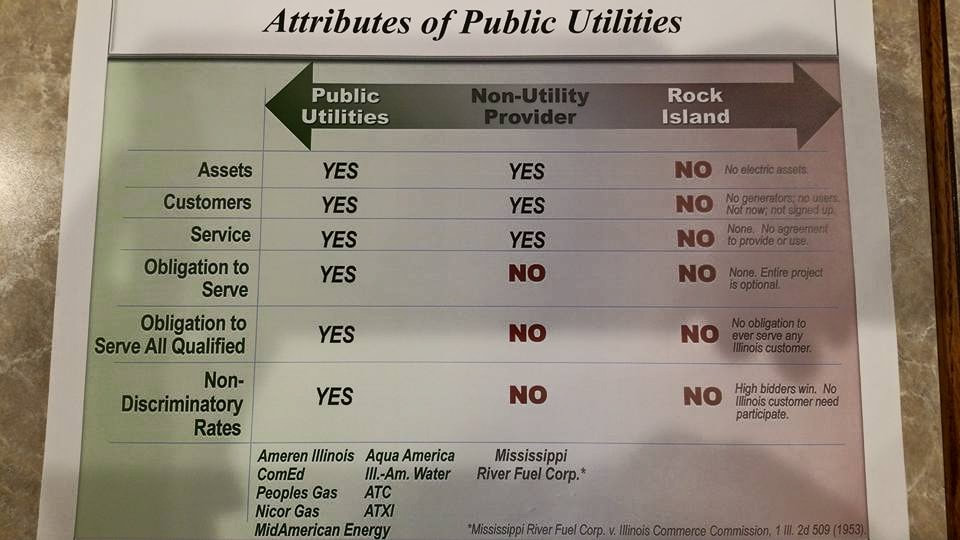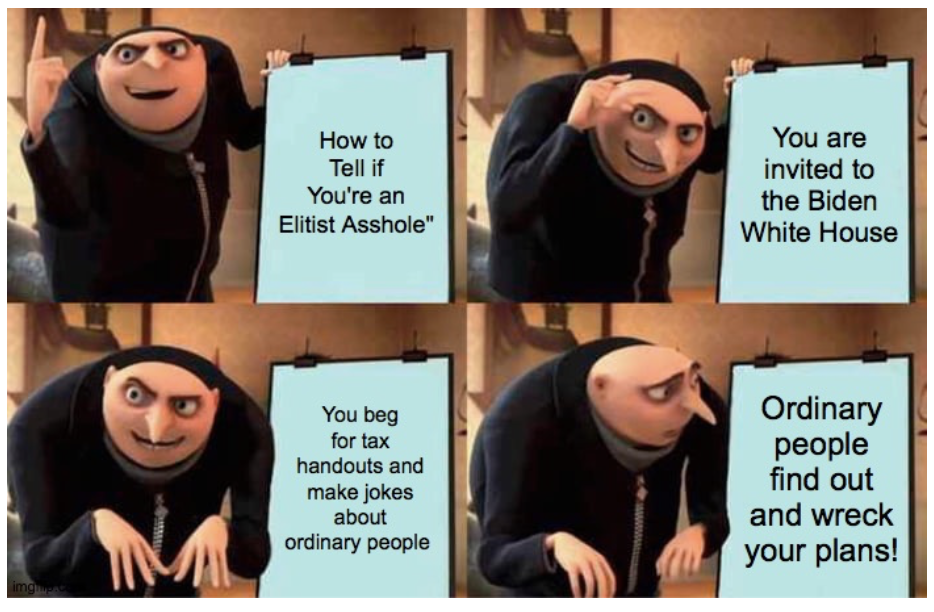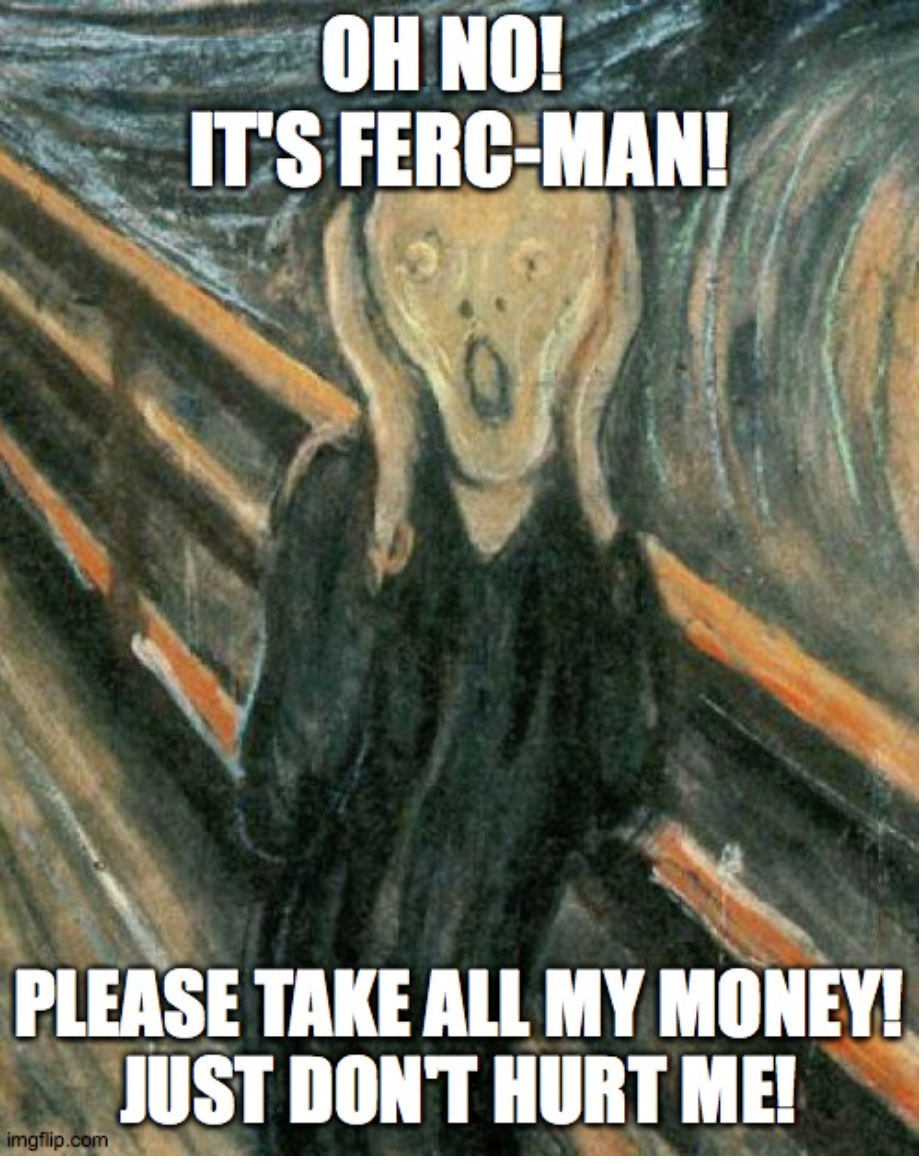How about this article from Kansas? Invenergy is shopping around a "road use agreement" that it wants County Commissions to sign. Invenergy wrote this agreement for its own benefit. It's most likely not in the best interests of the counties, judging from this statement:
Brown said the roads would not take the wear and tear that building a wind farm would entail, as they aren’t traveling in with heavy loads such as big wind turbines. He said the transmission stations will be brought in pieces and put together on site.
And because Brown is blowing smoke at the county commissions that there will be no road impacts, can we assume that Invenergy's agreement does not compensate for "wear and tear?"
And what about "wear and tear" on local landowners?
Brown also assured commissioners that the easement talks were peaceful and so far only a handful of requests have gone to court.
“We don’t want to use imminent domain,” he said. “We don’t want to use attorneys, we would rather have a conversation with landowners.”
Taking private property through eminent domain, or the mere threat of it, is never "peaceful." It's stressful, maddening, and invasive. There's nothing peaceful about being forced to do something against your will. It's not a "conversation." It's a war, albeit one that takes place in legal offices and courtrooms.
If Invenergy doesn't want to use eminent domain, then why apply to use it? Facts on the ground say that Invenergy does, after all, want to use eminent domain.
... only a handful of requests have gone to court.
Invenergy doesn't even mention its recent use of eminent domain in Kansas and Missouri during its PR blitz across Illinois.
“Eminent Domain is something of a last resort used here,” Pnazek said. “In Kansas and Missouri to date, Invenergy has signed up about 65% of the affected parcels on a voluntary basis, and those are the approach that we’d be taking here as well as we progress the project through Illinois.”
And then there's this from Kansas...
Brown also told commissioners that there need not be concern over pushy land agents, stating that Invenergy hires reputable and credible agents but told the commissioners to contact him with any concerns.
Hope you've got your snow shovels poised at the ready, Illinois! (Or maybe another kind of shovel would be more appropriate).







 RSS Feed
RSS Feed